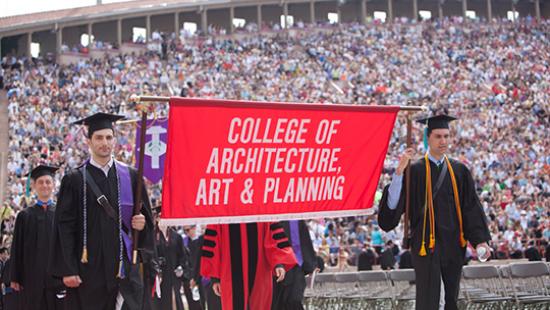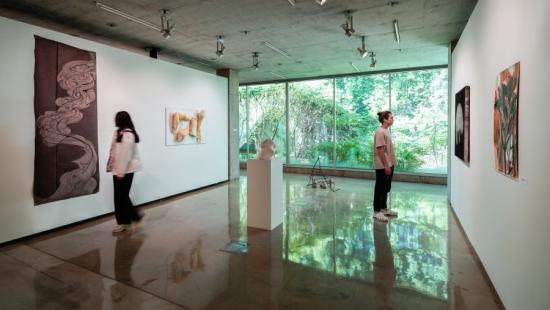Siqi Zheng: Air Pollution, Avoidance Behaviors, and Neglected Social Cost: Evidence from Outdoor Leisure and Commuting Behaviors

Alexander Popov / Unsplash
Russell Van Nest Black Lecture
Bio:
Siqi Zheng is the Samuel Tak Lee Professor at MIT's Department of Urban Studies and Planning and Center for Real Estate, where she is the founder and faculty director of the Sustainable Urbanization Lab and its China Future City Program. She is an expert in urban and environmental economics, with a special focus on China and developing countries, including environmental sustainability, place-based policies (new planned cities and transportation infrastructure), and self-sustaining urban growth. She is co-author with Matthew Kahn of the book, Blue Skies over Beijing: Economic Growth and the Environment in China (Princeton University Press, 2016), and has published more than 100 papers and two books in Chinese. Dr. Zheng has completed or been undertaking research projects granted or entrusted by the World Bank, the Asian Development Bank, the Lincoln Institute of Land Policy, the National Natural Science Foundation of China, among others. Prof. Zheng was the former President of Asian Real Estate Society (2018-2019) and is now on its Board; sits on the Board of American Real Estate and Urban Economics Association (AREUEA), and is the Associate Editor of China Economic Review, Journal of Regional Science, Journal of Economic Surveys, and is on the editorial board of Journal of Housing Economics and Journal of the American Planning Association (JAPA). She received her Ph.D. in urban development and real estate from Tsinghua University in 2005, and did her post-doc research at the Graduate School of Design at Harvard University. Prior to coming to MIT, she was a professor and the director of Hang Lung Center for Real Estate at Tsinghua University, China, where she still holds a distinguished visiting professor position.
Abstract:
The social cost of air pollution depends on both its biophysical impacts on health and productivity and the dynamic avoidance behaviors citizens proactively adopt. The literature has almost exclusively focused on the direct impacts, and the limited research looking into the avoidance behaviors has only considered a monetary defensive expenditure. Building upon a theoretical framework incorporating the broader pollution costs into existing economic models, we derive empirical evidence of the hidden opportunity cost and social cost of pollution avoidance behaviors. For opportunity cost, we focus on the foregone outdoor leisure activities and the related welfare loss due to pollution avoidance, relying on billions of cell phone location inquiries from 10,499 parks all over China. Using the pollution blown from upwind cities as the instrumental variable for local pollution, we show that heavy PM2.5 pollution reduces park visitation by 10% in northern Chinese cities. If the number of heavily-polluted days reduces by 25% in northern China, the welfare gain from leisure activity is about 83.5 million USD. For the social cost, we show that pollution awareness affects commuting behaviors, by conducting a survey for 2,258 non-vehicle commuters in Zhengzhou, China. If fully aware of exposure risk, up to 14.8% of non-vehicle travelers intend to switch to motor vehicle commuting (private car or taxi) on polluted days, 13.9% fewer people are willing to choose active commuting even if they can receive a subsidy, and soft policies like Green Nudge completely lose effect. This avoidance behavior generates more emissions for society and creates a 'mitigation-avoidance dilemma' for transportation policies. This research calls for more attention to quantifying the broader social impacts of pollution by including the non-market value of avoidance behaviors; these impacts create substantial welfare loss and social challenges awaiting more balanced policy decision-making to consider these trade-offs.
If you would like to attend this lecture, please register here.




